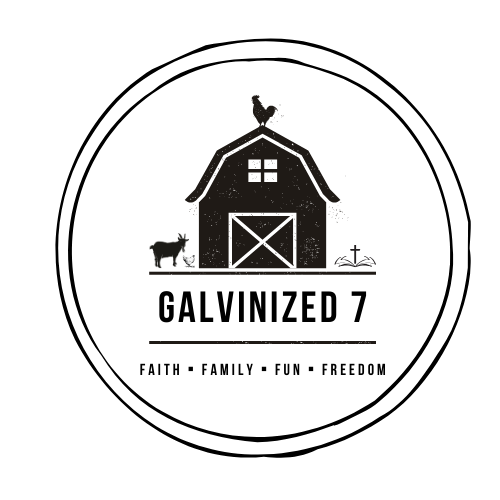|
If you're a parent considering the transition from the traditional schooling system to home education, take comfort in the fact that you're not alone. The homeschooling community continues to grow, offering support, resources, and a wealth of information to families across the globe. This guide is designed to help those at the beginning of their homeschooling journey. From understanding the laws in your state to choosing the right curriculum, you’ll find everything you need to start educating your children from the comfort of your home.
Understanding the Legal Landscape of Homeschooling Before you start this exciting educational adventure, you need to understand the legal parameters set within your state. Each state has its own set of regulations, so it's crucial not to skip this step. In Minnesota, for example, the law requires families to report their intent to homeschool to the superintendent of their local school district. Organizations like Minnesota Association of Christian Home Educators (MACHE) offer resources to guide you through this process. By starting your homeschooling with legal compliance, you'll pave the way for a smooth academic year with no bureaucratic hiccups. Informing the Superintendent of Your Intent to Homeschool Once you’re acquainted with the necessary legalities, the next step is to draft a notice of intent to homeschool and formally submit it to the superintendent of your local school district. MACHE has a user friendly template on their website that complies with laws here in Minnesota. You can find the form here. Be aware of any deadlines or specific forms required by your state. This is not only a legal formality but also an opportunity to establish positive communication with the education authorities, which can be helpful in the long run. Un-Schooling: Discovering Your Child's Natural Curiosity One of the beautiful aspects of home education is the ability to tailor the learning experience to your child's unique needs and interests. To transition smoothly into homeschooling, many families advocate "un-schooling" for a period. Un-schooling, or the rejection of traditional curriculums in favor of following children's interests and curiosities, allows you to de-school from the rigid structures of traditional schooling. This phase is not just for children but also for parents who are experiencing a paradigm shift in their beliefs around education. Engage your child in discussions about what they'd like to learn. Visit the library, museum, or simply take a walk, and allow their questions to guide the direction of their learning. In Minnesota, groups like Unschoolers Unlimited can offer support and advice during this phase. Researching and Selecting Curriculum After the un-schooling phase, you may find it helpful to choose a curriculum that offers structure while still allowing flexibility. In Minnesota, HEPPNER'S Legacy Homeschool Store is a valuable resource, offering a range of curriculums that align with different educational philosophies, such as Charlotte Mason or Montessori. Click here to visit Heppner's Website for more info. When selecting a curriculum, consider your child’s learning style, your teaching style, and any future educational goals. Remember, you don't have to stick to one curriculum or educational approach forever. Homeschooling is dynamic, and you can adjust to what works best for your family as you go along. Click here to visit the Home Educating tab on my website for some curriculum suggestions to get you started. Creating a Home Learning Environment The environment in which your child learns can significantly impact their academic success and happiness. You do not have to dedicate a specific area of your home to schooling. Be flexible and try different areas of your home until you find what works well for your child. In fact, they may prefer different areas on different days. Some days my children sit at the kitchen table and some days they snuggle on the couch with a blanket while doing their work. Just remember to find a space that is conducive to learning and reflective of your child's interests and personality. Documenting the Homeschooling Journey While one of the freedoms of homeschooling is that it provides flexibility, record-keeping is nevertheless important. Keep a portfolio of your child's work, including photographs, written assignments, and any other evidence that illustrates their educational progress. Whether you choose a digital or physical portfolio, ensure that it is organized and up-to-date. This documentation can be useful should you decide to re-enroll your child in a traditional school, want to apply for college, or encounter any legal questions about your homeschooling approach. If your state requires more specific record keeping, or you just like to be more organized in general, a planner like this one may be helpful to you. In Conclusion Beginning your homeschooling adventure is an act of courage, creativity, and love. By familiarizing yourself with the legal necessities, involving your child in the un-schooling process, selecting the right curriculum, and maintaining a balanced lifestyle, you’re setting the stage for an enriching educational experience. The flexibility and personalization that homeschooling offers can be the key to unlocking your child's full potential. With patience, diligence, and a supportive community, you can craft an educational experience that not only matches but surpasses your dreams for your child's future. Remember that every family's homeschooling experience is as unique as a fingerprint. Take the time to discover—and enjoy—what makes your homeschooling so distinctly yours. xoxo, Melissa
0 Comments
Your comment will be posted after it is approved.
Leave a Reply. |
